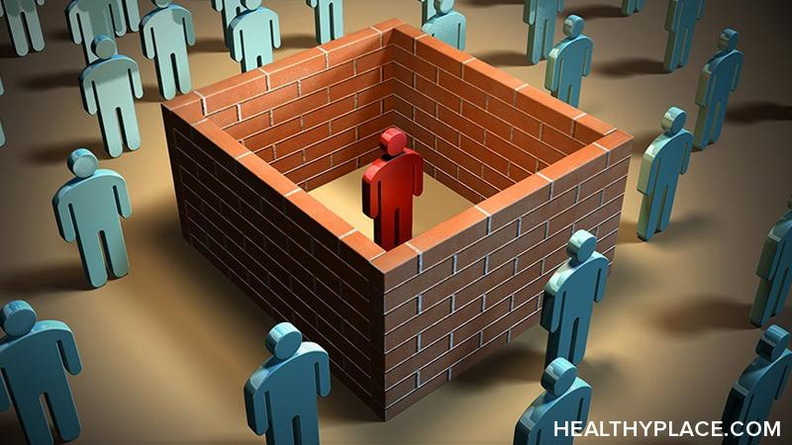Stop the Stigma of Substance Abuse: Six Things Anyone Can Do

Anyone can help stop the stigma of substance abuse. A major obstacle to addiction recovery, stigma, is a set of negative beliefs that a group or society holds about a topic or group of people. Stigma results in prejudice, avoidance, rejection, and discrimination against people who have a socially undesirable trait such as drug abuse or addiction. In my own recovery process, I felt the stigma of substance abuse and it kept me from seeking help for many years.
I had a problem and was too ashamed to ask for help. I felt like I was a bad person for having a substance abuse disorder. I thought I’d let my loved ones down and I was going to be in trouble because of my problem. I thought that because of the stigma that surrounds substance abuse and it nearly cost me my life. Substance abuse stigma is dangerous and can prevent people who are addicted from seeking treatment.
How to End the Stigma of Substance Abuse
Everyone can play a part in stigma reduction. Here are six things anyone can do to help reduce the stigma of substance abuse.
1. Educate yourself about Substance Abuse Disorder
Education is key to reducing stigma because the lack of information is what causes prejudice, avoidance, rejection, and discrimination. Inform yourself. There are so many valid mental health media outlets to help educate about substance abuse disorder. A simple Google search would revel and disarm any untruths you may have about people who are addicted.
2. Speak Out About Substance Abuse Stigma
Speak up if you see or hear misinformation about substance abuse. As you learn about substance abuse disorder, you will start to see the inaccuracy of information. When you do, point others to accurate information. Don't be quiet.
3. Keep Hope Alive
Dealing with the behaviors of people who are addicted can be frustrating, but don’t give up. There is hope for recovery from addiction. Even people with severe cases of substance abuse disorder have recovered and live productive lives.
4. Treat People with Substance Abuse Disorder with Dignity
Addiction does not discriminate. It affects all people groups. These are your loved ones we are talking about. Treat them the same way you treat others and the way you wish to be treated. Practice respect.
5. Be Selective About the Words You Use
Words have the capability to heal or to hurt. Referring to a person with an addiction-related problem as a junkie, drunk, crackhead etc., creates negative labels and labels lead to substance abuse stigma.
6. Don’t Define People by Their Illness
Try and see people as a whole. That lady you see on the curb who is addicted to heroin is somebody's daughter. She may be an extraordinary artist. She is a whole person. Her addiction problem is only a minute part of who she is. She is not an addict, but rather a human being who deserves love and respect.
Everyone has a role and a part in reducing substance abuse stigma. With information at the tips of our fingers, being misinformed about substance-related problems is no longer a valid excuse for discrimination, prejudice, or avoidance. Get informed and act against substance abuse stigma. Your action could very well save a life.
APA Reference
Kuykendall, M.
(2017, December 8). Stop the Stigma of Substance Abuse: Six Things Anyone Can Do, HealthyPlace. Retrieved
on 2026, March 5 from https://www.healthyplace.com/blogs/debunkingaddiction/2017/12/six-things-to-reduce-substance-abuse-stigma